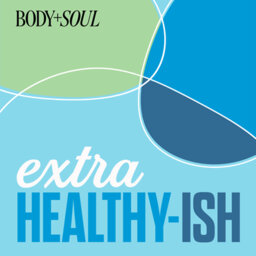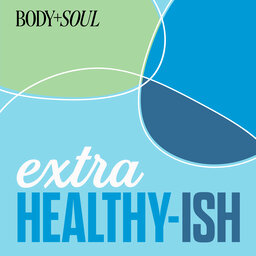Dr Karl sorts health fact vs. fiction
Australia's favourite science champion Dr Karl Kruszelnicki reflects on his career longevity, the importance of curiosity and luck, and shares advice on navigating health misinformation.
WANT MORE FROM DR KARL?
For more on Dr Karl’s new book A Periodic Tale (Harper Collins, $36.99) see here or catch him @doctor_karl, on TikTok here or via his site here.
WANT MORE BODY + SOUL?
Online: Head to bodyandsoul.com.au for your daily digital dose of health and wellness.
On social: Via Instagram at @bodyandsoul_au or Facebook. Or, TikTok here. Got an idea for an episode? DM host Felicity Harley on Instagram @felicityharley.
In print: Each Sunday, grab Body+Soul inside The Sunday Telegraph (NSW), the Sunday Herald Sun (Victoria), The Sunday Mail (Queensland), Sunday Mail (SA) and Sunday Tasmanian (Tasmania).
 Extra Healthy-ish
Extra Healthy-ish


